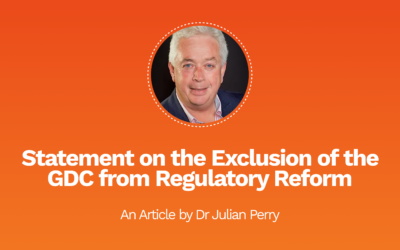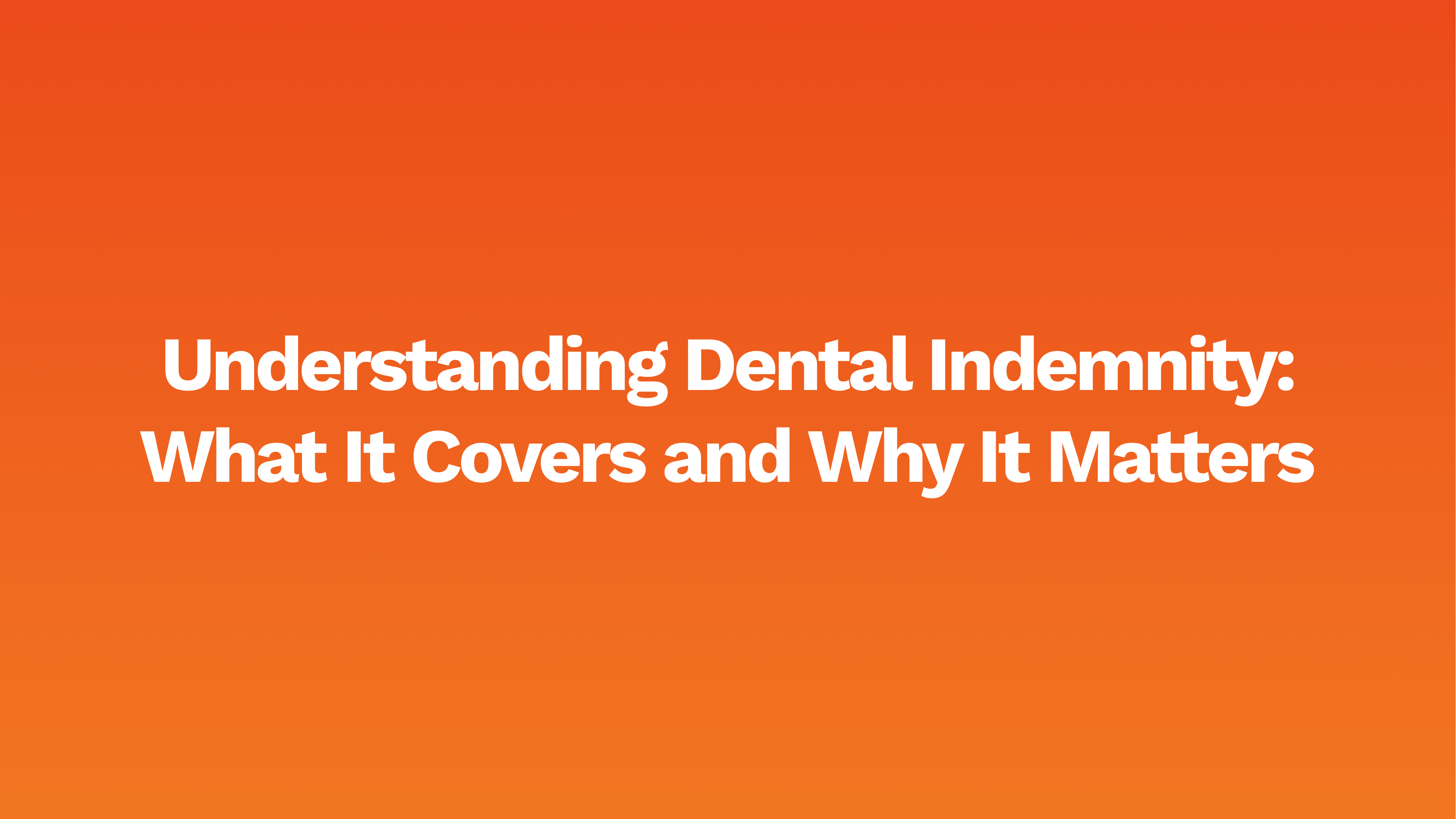James Thomson is the founder and director of a marketing agency called MediaTasks, based in London. Densura came to know Jame through TrafficTasks™, his specialised programme for dentists looking to hit new levels with their marketing.
How did you get into marketing for the dental industry?
We got into the dental market by request. Our background was in software and software marketing because that’s typically my background. But a friend, who’s an orthodontist, was having issues and suspected that he wasn’t getting the best returns on his investment for his marketing. He didn’t want to upset the apple cart or rock the boat with his current supplier, so he wanted somebody to have a look. We didn’t work in the dental sector at that point, but we had worked across most industries. We ended up taking a look, and his suspicions were correct, so we took him on as a client. Effectively, he’s been patient zero when it comes to TrafficTasks™.
Tell us a little more about TrafficTasks™…
When we started working in the dental sector, it was purely lead generation, then a little bit of lead management. The first job was sorting the ad side out, giving more predictability and reliability. We did that throughout the lockdowns and back out the other side. Then we realised we would have to start doing more because we really like working in this space. Particularly working with the orthodontists, and we still do. We came to the point where we wanted to get deeper into this. Based on our work in other sectors, what else needs to happen to deliver an effective job across the whole sector? If I were writing this with a program in mind from scratch, what are the other elements I would like to put together involving that program? So we can ensure that we’re not just delivering on ads but helping them position themselves as experts. We’re helping them help their market. That idea led us to the decision where TrafficTasks™ was born, and we started to put the program together.
What did you see the opportunities were for dentists in the marketing space with digital, offline, or a mix of both?
It was a mix of both. I think when we came to it, there was an immediate realisation that the expertise regarding the ad side wasn’t as it could be. We had a situation with an industry that we didn’t know a great deal about with highly professional people who are very well experienced in their everyday job because they have to be, but when it comes to running the business side of the practice, they maybe aren’t as familiar as the industry that we’ve come from. And so we immediately saw some business process improvements that could be made, although this time, we were dealing with smaller businesses that have a higher ticket price.
We explored all of the opportunities around serving customers really well; getting our message across so we’re standing out from the crowd; warming people up to what we’re doing; giving them the information that they need in order to make a decision. These things weren’t previously happening. And they needed to really happen.
We can take orthodontists, but it’s the same thing with implants, and it’s probably even worse; they’re not selling toasters. These aren’t £20 or £30 things. They are thousands and thousands of pounds, So when we come to an industry where we see that an appointment is being booked, and there’s no warming up process before that client hits the chair, when that prospective patient has to make a decision, we see an opportunity to improve that.
So it’s clear to see how you help with lead generation to get to the point where that new patient is in the chair, but how about conversion? Do you find that that’s something that dentists find it tricky to do?
It’s finding the ideal customer from both a lead generation perspective and in the conversion, and we unpack both. I’ve lost track of my conversations with practice owners and principals where they’ll say, “James, I’m busy.”
Then, we go deeper to see what they are busy doing. And they’ll say, “I’m busy doing an extraction.”
I say, “Do you like doing that?”
“No, I don’t like doing that. I’d rather do gold inlays.”
Great. Let’s get busy with gold inlays instead of hurting your hand because you have to do extractions all day. It’s the awareness at that stage of, “I’m busy, but I’m not busy where I want to be. I want to fill my book doing something else, and I can fill my book doing something else.”
There’s a bit of awareness and the qualities of the services to get the right clients on the seat.
The second one is classic conversion. It’s follow-ups. It’s sales and marketing ensuring that our follow-up isn’t take it or leave it. It is a realisation that we have to do a professional job to arm that potential treatment plan holder with the information they need to make a positive decision. And we have to be present in the follow-up process. Ideally, if we deal with multiple locations, we have to standardise the best we can to arm the teams with the information, skills, and experience they need. Because, again, they’re not selling something cheap; it’s a highly-priced item, and it’s medical, so it’s extremely important. People want to ensure they get it right, so we need to ensure that they are empowered to provide patients with the information they need and that the practice is empowered with the service and skills to follow up effectively.
You talked about the challenge being time? What else do you think was a barrier to dentists, a common message that you receive?
Lack of awareness that things can be better. It’s amazing what we put up with. If we take the first orthodontist we started with, a highly professional man making very worthwhile investments in good faith. And he wasn’t getting anything back. That’s where we initially came into it, and we immediately knew as professionals that it was absolutely not right. Ads are a two-way street. If you have a provider that is not bugging you effectively during the process, ask the following questions:
- How is this going?
- Is this inquiry converting or not?
- Where are your better enquiries coming from?
- How can we get more of those?
If that’s not happening, that’s a massive red flag. These are situations where people are effectively ‘firing and forgetting’, and they never hear from their agency again, and they’re getting maybe a report once a month, and that’s it. Those are all red flags for something not happening as it should.
You’ve outlined the challenges, so what are the opportunities for them?
Opportunities are simple: get better. Do it better, and your life will become a lot easier. Attribution: if we can do it better, you get a much more predictable outcome than you currently do. Marketing, however much people would like to say, is not a dark art. It’s a numbers game. My background is in maths, and that’s one of the things that attracts me to it. You should be able to tell where your business is coming from. And if you do it correctly, if you fulfil the opportunity of that, then you will know that if I put more money into that campaign or that partnership, I will get that result. It might not be accurate down to the pounds and pence, but you will have a very good bracket of expectation, and that should be accurate.
When you do that, you’re in a situation where the budget question becomes whatever is in your pocket because if you’ve got a reliable outcome based on your spend; your budget is whatever you have free. After all, you’re going to get a result. That’s your opportunity. Then that leads to everything we discuss when we speak to practices and groups, and they’ll say, “I want more freedom. I want more time off. It’s my name above the door. I don’t want to work every hour God sends. I want to see my family on weekends. I don’t want to work every Saturday.”
You’re giving them the confidence to hire. And we’d like to help people get that kind of freedom.



